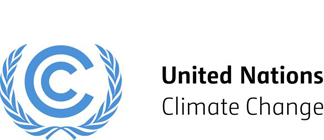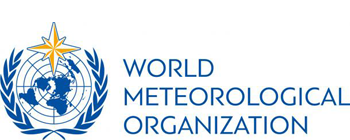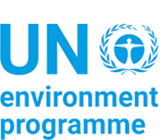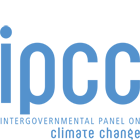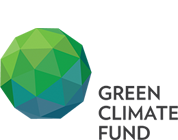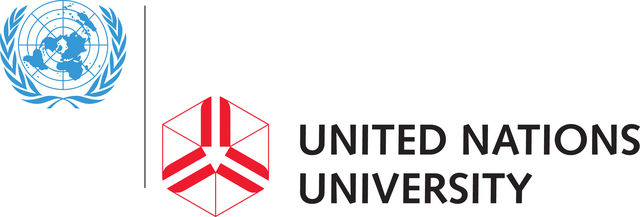WASP’s core vision is ensuring that climate adaptation knowledge gaps are filled to inform evidence-based policies, solutions and actions for successful adaptation to new climate conditions. Our priority is addressing the knowledge needs in vulnerable developing countries and providing policy-relevant science for decision-makers.
This vision encapsulates three major components:
1. Catalyze bridging current knowledge gaps
WASP catalyzes research that addresses knowledge needs for adaptation actions and decision-making. Under this category, some actions include identifying knowledge gaps and addressing them through promoting related research; contributing to IPCC WG II, adaptation on the ground, policy through the UNFCCC process, and addressing the needs identified by WASP sponsor organizations. This vision component would be supported by WASP platforms and partnerships that can help catalyze such research.
2. Catalyze bridging potential future knowledge gaps
WASP, by engaging with the broad adaptation science community, including the IPCC WG II, identifies key uncertainties and limitations in the underlying scientific areas (social and natural sciences) relevant for adaptation, and work towards addressing them. This would include filling niches/vacuums not addressed by others and taking account of innovative work, emerging trends, and leading-edge thinking. As with paragraph 2.1 above, this vision component would also be supported by WASP platforms and partnerships that can help catalyze such research.
3. Provide policy-relevant guidance through WASP products
This includes products authored by WASP members and other experts, that can incorporate evidence-based guidance aiming to fill identified gaps relevant to adaptation planning, implementation, and evaluation, e.g. the WASP science for adaptation policy briefs.


